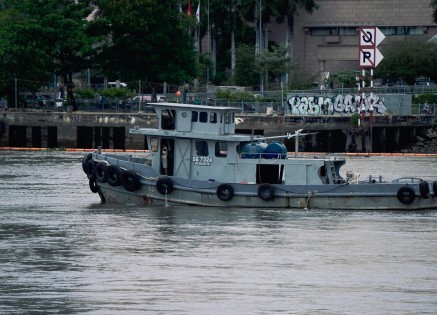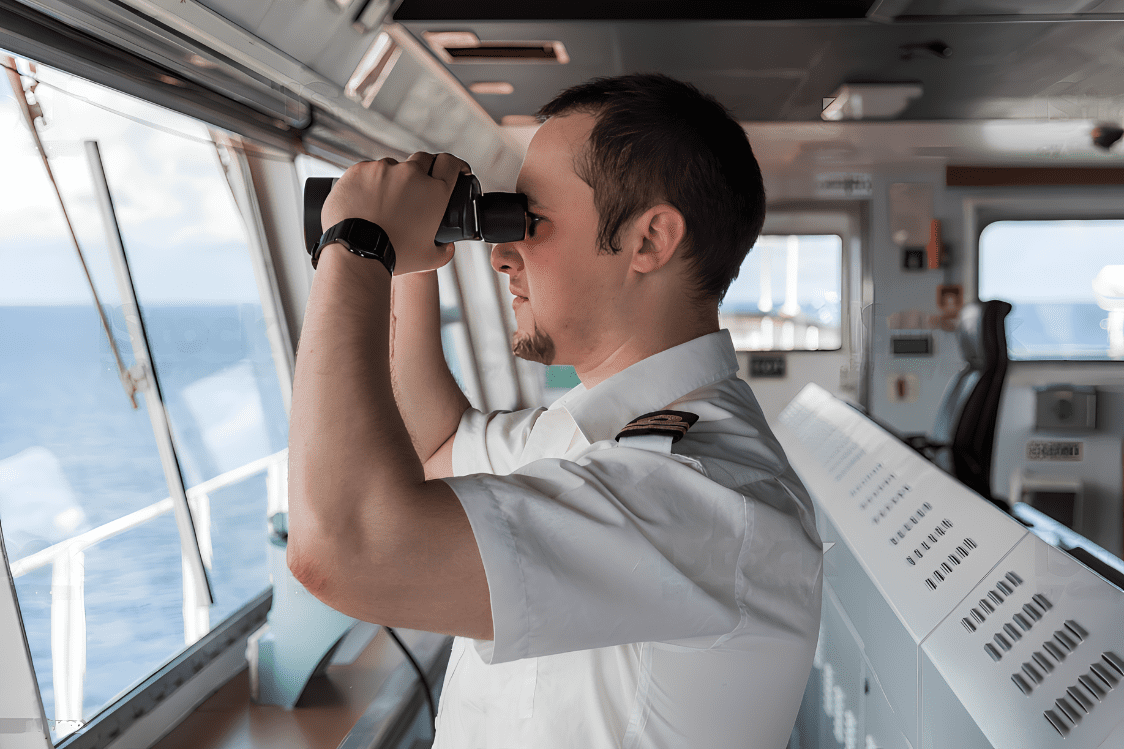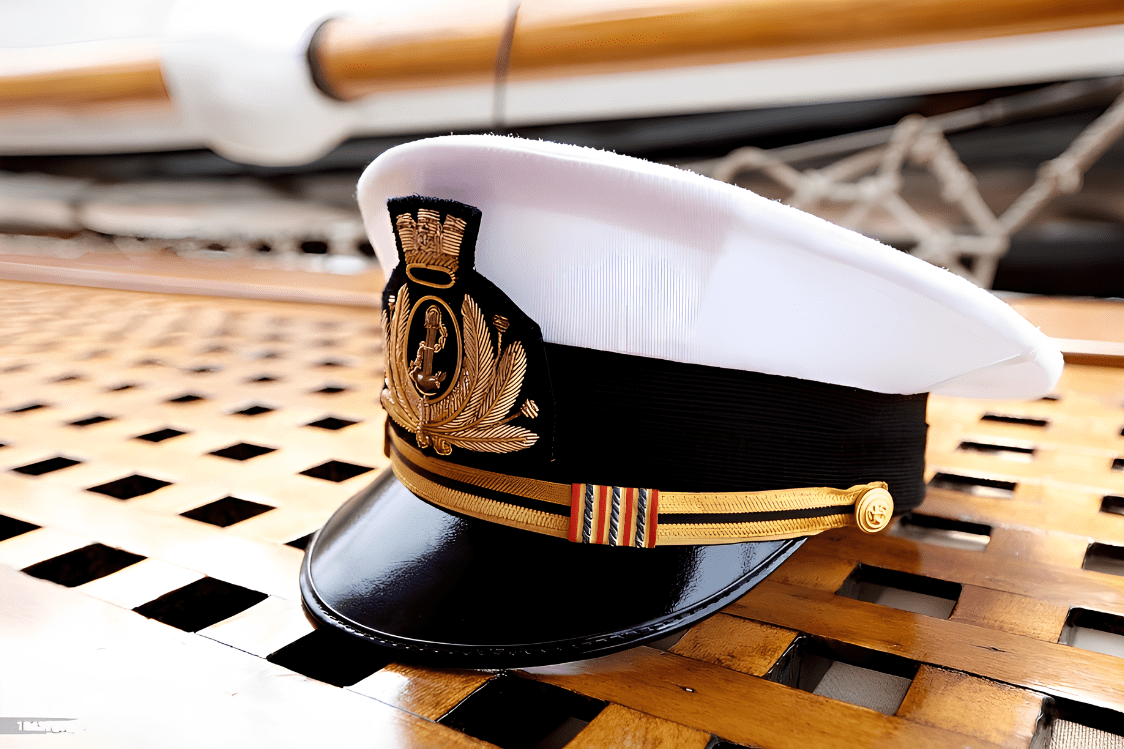What Are the Hague Visby Rules? A Guide to Cargo Liability in Shipping

Posted on Apr 01, 2025 at 11:04 PM
All the international maritime contracts and rules applied to the shipping and cargo movement aim to enhance the process, guarantee safety, and deliver the shipment in the best possible situation.
Furthermore, the Hague Visby Rules is one of the basic laws relating to bills of lading and carriage on the sea with the unification of certain rules of law to protect the carrier and the shipment owner as well from any accidents or losses.
Today, we will share with you comprehensive information about the Hague Visby Rules with details about the applied country, purposes, and most importantly summary of the Hague Visby Rules and Articles.
What Is the Mean of Hague Visby Rules on Sea?
The Hague-Visby Rules are international legal rules of law relating to bills of lading to provide and establish the rights and responsibilities of the carrier and shipper in the care, carriage, and discharge of goods by sea.
Additionally, we can say that the main goal of the Hague Visby Document is providing incorporated protection to cargo owners from unfair practices on the sea by holding carriers accountable for loss or damage to goods while loading, unloading, and lading.
That is why the Hague Visby Rules force clear guidelines on the carrier's duties, limitations of lading liability, the time limit for carriage shipment, and the relation between shippers.
What Countries Are Signed by the Hague-Visby Rules?
The Hague-Visby Rules have been adopted by several countries since 1968, to regulate the carriage of cargo by sea with international leading law, including:
Belgium, Denmark, Finland, France, Germany, Italy, Netherlands, Norway, Sweden, United Kingdom, Japan, Switzerland, Poland, Latvia, Lithuania, Tonga, Sri Lanka, Singapore, Ecuador, Syria, and Georgia.

What is the Purpose of Hague Visby Rules?
All the efforts in establishing, publishing, and developing the Hague-Visby Rules through the years had one ultimate goal which is protecting cargo owners from any challenges or risks with clear responsibilities and liabilities of carriers during shipment carriage by sea.
Moreover, all the included Hague Visby Rules ensure fair treatment, prevent unfair carriages, and limit the carrier liability for loss or damage leading to a balanced legal framework and law based on international maritime trade and GMDSS rules.
The 10 Articles of the Hague-Visby Rules:
The professional maritime law courses in London help you understand all the details about the Hague Visby International Rules.
Article I: Definitions
Defines key terms in the Hague Visby Rules like carrier, contract of carriage, goods, lading, and ship.
Article II: Scope of Application
This article or rule of the Hague Visby establishes that the rules apply to contracts of carriage covered by an official bill of lading.
Article III: Responsibilities and Liabilities of the Carrier
A specific rule of law that outlines the carrier's duties, including proper handling and shipping of the cargo and maintaining operations of the vessel.
Article IV: Rights and Immunities of the Carrier
This article carefully lists the carrier's defenses, obligations, and limitations of liability in cases of loss or damage while lading to guarantee the rights of all carriage included parties.
Article V: Surrender of Rights and Immunities
States that the carriers cannot reduce their liability through provisions and regulations in the contract based on the Hague-Visby protection protocol on water.
Article VI: Special Agreements
Allows the carrier and the shipper to make special contracts and documents for certain delivered carriage or shipment, like live animals, sensitive materials, or heavy cargo.
Article VII: Limitation of Liability
Limits the carrier liability to a certain amount of contained package or unit unless a higher value is declared.
Article VIII: Time Limit for Claims
Sets a time limit of one year for cargo owners to file claims against the carrier in case any problem, misdelivery, or loss happens to the carried lading.
Article IX: Freedom of Contract
Hague Visby Rules apply a flexibility limit by allowing included parties to add additional and amended terms and conditions as long as they do not conflict with the mandatory version of the Hague and Hague Visby Rules.
Article X: Application of the Rules
Includes that all the designed Hague Visby Rules only apply to bills of lading issued in contracting states.
In conclusion,
The Hague Visby Rules are great rules to address the rights of all included parties like shipment owner and carrier, to facilitate the reach of carriage to the destination port in the best condition.
However, all of that work needs a proper understanding and knowledge of relevant international maritime law and its amendments to set liability and avoid penalties.





